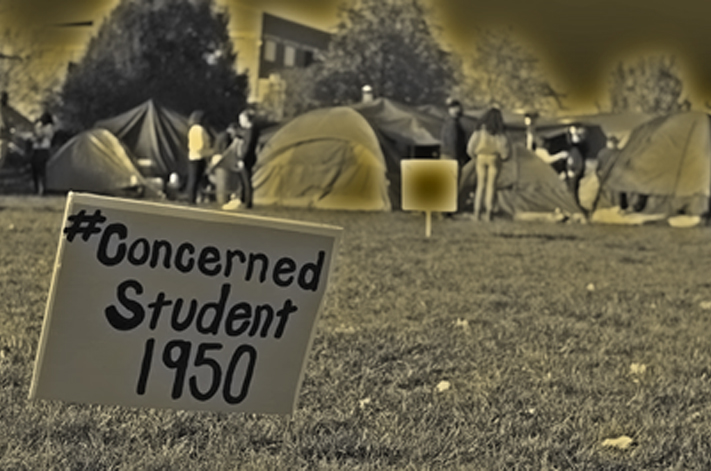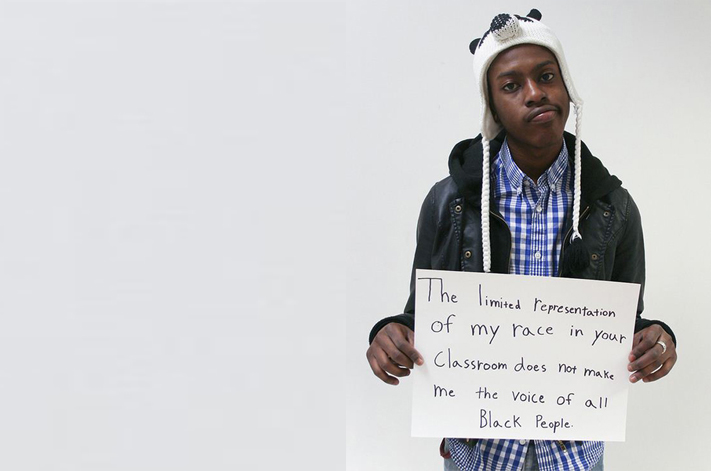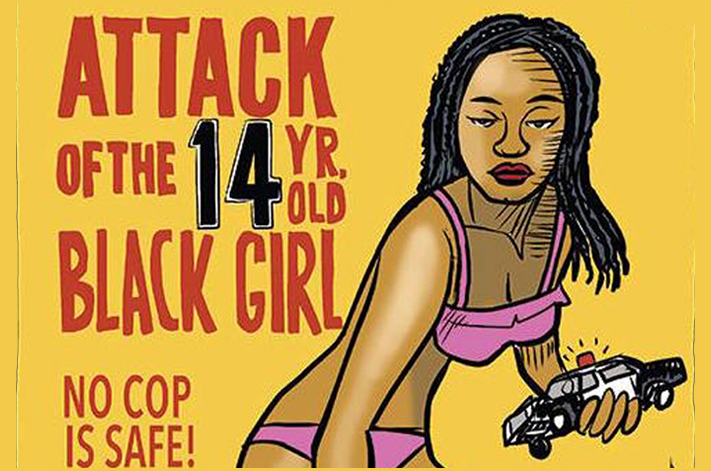Project Description
New documentary, book tackle black male achievement gap
‘American Promise’ and ‘Promises Kept’: New documentary, book tackle black male achievement gap
New documentary, book tackle black male achievement gap
Inspired by the life-long friendship of two young men, the 2013 documentary American Promise chronicles the challenges faced by Idris Brewster and his friend Seun Summers during their kindergarten through high school years.
Produced by husband and wife team Joe Brewster and Michèle Stephenson, American Promise will debut on television on PBS on February 3 at 10 p.m., after a successful theater tour. It will also be available for screening online from February 4 – March 6, 2014.
“The film really takes the viewer on a journey — a very intimate and personal journey — through their growth,” Stephenson told theGrio. “And we see them grow before our eyes as they face multiple issues that are not just about education, but about parenting,” and “about the kind of perceptions that they have to defeat as young boys.”
Book gives solutions for achievement
Promises Kept: Raising Black Boys to Succeed in School and in Life, published in January 2014, addresses how families can overcome the stereotypes that contribute to the black male achievement gap. Promises Kept is co-authored by the couple and writer Hilary Beard.
“The achievement gap exists across the socioeconomic spectrum. In fact, the more resources that black parents have, the larger the gap between their son and his peer of the same socioeconomic group,” Beard told theGrio. “The gap begins to open when our children are toddlers and widens as they grow up.”
Together, both works seek to ameliorate the ways in which the education system fails black men through their persistently lower levels of attainment.
“American Promise raises questions about what it takes for a black male to get an excellent education and have strong self-esteem, but doesn’t attempt to answer them,” Beard stated. “Promises Kept provides solutions to these and other issues.”
Inside American Promise
For American Promise, Over 800 hours of footage was shot and refined into a compelling narrative showing Seun and Idris growing up over 13 years.
“We didn’t really understand how difficult that was,” Brewster told theGrio. “And thank God, because we might not have started the project.”
Unlike other critiques, American Promise does not focus on overt challenges, such as failing schools. The stars are middle class. Both sets of parents are married, and send their offspring to the best institutions.
Yet, Idris and Seun face covert tribulations. Despite economic advantages, they experience subtle discrimination.
Summers, now in college, told theGrio that in his experience, “a lot of schools that have a predominantly white demographic,” for instance, fail black students because they “don’t have a sense of emotional bonding to the students.” This negatively impacts black men in particular.
This leads to patterns of failure their families struggle to understand.
Additional layers of complexity in American Promise? Idris is the son of Brewster and Stephenson — and the filmmakers are in the film.
“We believe there is power in showing our vulnerability,” Stephenson explained, “because in some ways this film is more than just a story. It’s a film that we hope contributes to the conversation that’s happening out there around black male achievement, and what we need to do to pierce through the stereotypes.”
Stereotypes hurt even the affluent
How to compensate for the negative perceptions that harm black male students is the subject of Promises Kept.
“In developing the strategies, my co-authors and I interviewed, or mined the scholarship of, more than 50 thought leaders in a wide variety of topics related to black male achievement,” Beard told theGrio, “including racial achievement gaps, racial discipline gaps, child psychology, black families, parenting, a test-taking anxiety called ‘stereotype threat,’ multi-cultural education, and more.”
What did the authors find? “There are answers to many of the challenges that face black males — and some of them are simple and within our control,” Beard affirmed. “But neither parents, educators, nor the village know about them — there has been no one to send them the memo. Promises Kept is the memo on steroids.”
Like the book, Idris Brewster, also in college, hopes that American Promise will help change the perceptions that can taint the educational experiences of young black men, even those that are given the best schooling. Yet, he also feels its focus, “has to do with education in general,” he told theGrio.
“It has a message that everyone can learn: that kids, in order to succeed, need support. They need a strong support base in order to go far.”
The American Promise Movement
This is the movement that American Promise is building. Through screenings across the country, and now their PBS airing, the filmmakers are working to end subtle discrimination in the classroom. Promises Kept is the tool helping Stephenson and Brewster administrate a healing instigated by the film.
“We want people to come to the table wanting change, and wanting change for these boys because they see them as human beings,” Stephenson said. For she, Brewster, and their multitude of supporters, the time is now to end the patterns — such as punishing black male students most severely for minor infractions — that contribute to these difficulties.
“What we know is that there are many people out there working towards the same goal,” Brewster said. “We’ve been to Seattle, we’ve been to Portland, we’ve been to San Francisco, Santa Fe, Mississippi. People are saying the same things. We’re tired of repeating the same pattern of perception and misperception shaping someone’s destiny.”
American Promise airs February 3 on PBS at 10 p.m. It is available for online screening from February 4 – March 6, 2014.
Follow Alexis Garrett Stodghill on Twitter @lexisb
This article was updated to reflect that American Promise is available for online screening.










